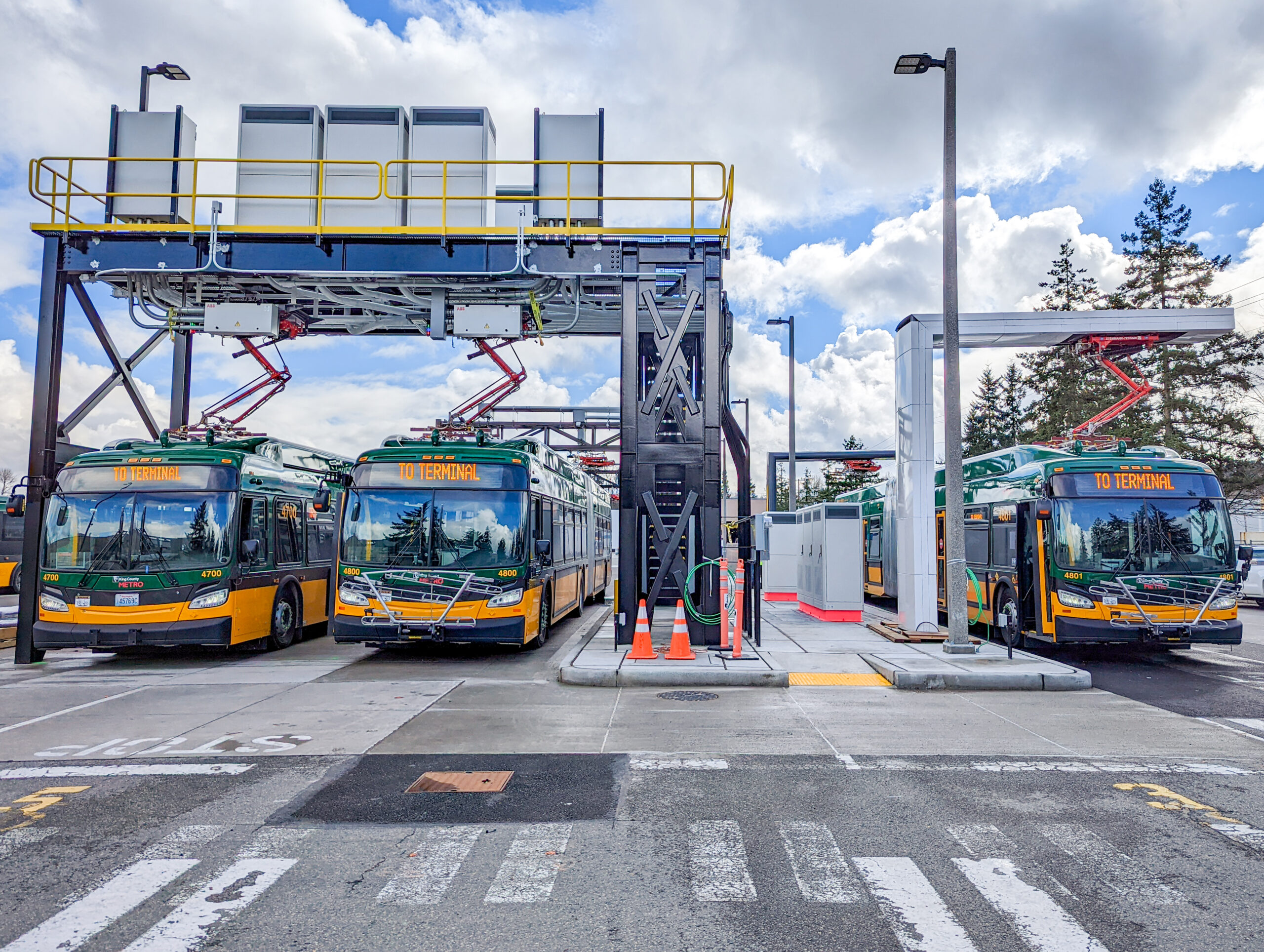Washington’s King County Partners with McKinstry to Develop Full-Scale Fleet Electrification Model at its South Campus Transit Site
In 2020, King County introduced its Strategic Climate Action Plan (SCAP) to transform its community with resiliency, sustainability and equity in mind. Updated every five years, the 2020 SCAP prioritizes three areas of focus for life in the county: Reducing Greenhouse Gas Emissions, Building Sustainable and Resilient Frontline Communities, and Preparing for Climate Change. To support these efforts, the county (Metro) set an aggressive goal – to achieve a 100% zero-emissions fleet by 2040.
As one of the 10 largest transit agencies in the U.S., with over 1,500 buses in operation, King County Metro required a well-equipped partner with experience developing and building facilities with large‐scale electrical charging infrastructure and information technology solutions for charger management. As King County’s prequalified energy partner, McKinstry collaborated with the county in 2021 to develop a full-scale model and fleet electrification charging site known as Tukwila Base at South Campus.
A multi-functional site with robust capabilities, South Campus has served as an EV charger testing facility since 2022, with multiple manufacturers and operational requirements analyzed, allowing the county to future-proof its fleet operations. In addition to acting as a testing facility, Tukwila Base serves as a full-scale prototype for King County Metro’s future countywide battery-electric bus deployment and base electrification with this inaugural site accounting for 10% of the county’s newly electrified fleet. The facility scheduled to be fully electrified and transitioned from prototype to operational in 2025 also serves as a King County staff and maintenance training center. Funded by a $1M grant for the county to offset project costs, McKinstry was proud to offer valuable contracting (ESPC) strategy. The county was also able to earn $5M in incentives from the Inflation Reduction Act.
The investment in the Tukwila Base South Campus project reinforced King County Metro’s commitment to 100% zero-emissions fleet by converting buses to battery electric buses (BEB) and BEB enabling infrastructure at the end of their useful life. The electrification of South Campus requires comprehensive design and site development to support 120 battery electric buses (123 pantographs and 33 chargers) including the addition of 10MW of new utility service. Upgrading the facility included the installation of new primary electrical services, electrical and communication duct banks and civil/structural/electrical components for charging infrastructure.
In addition to helping the county meet its emissions and electrification goals, Tukwila Base also aims to improve the county’s air and noise pollution in the area by eliminating unsafe vehicle emissions and noisy fuel-powered engines.
King County’s leadership in energy efficiency efforts demonstrates a steadfast dedication to not only improving resident experience but maintaining the longevity of transit facilities and accelerating the community’s climate resiliency. McKinstry is proud to partner with a leader in fleet electrification in the Pacific Northwest.
Learn more about another King County and McKinstry collaboration here: King County and Alexandria Real Estate Equities, Inc. Launch Sewer Heat Recovery System at South Lake Union Energy District - McKinstry

Seattle, WA

Government

Engineering and Design
Electrical and Technologies
Fleet Electrification
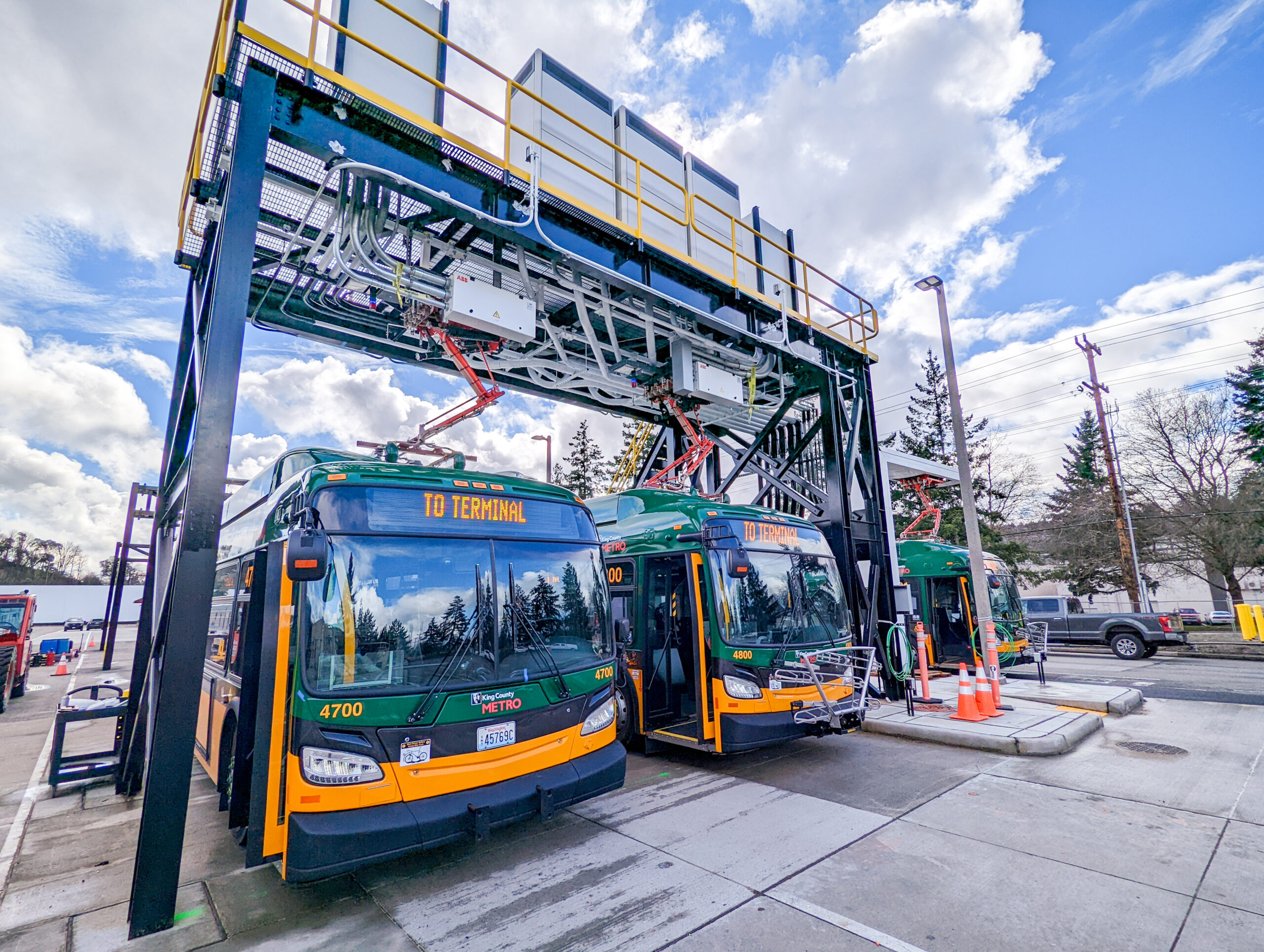
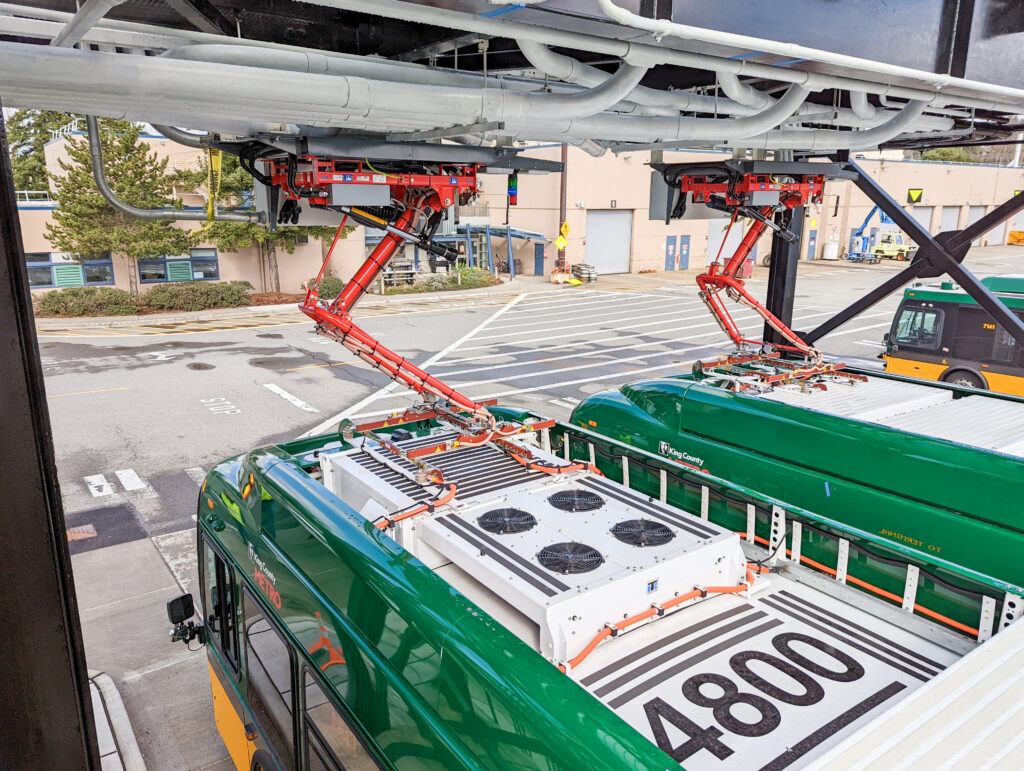
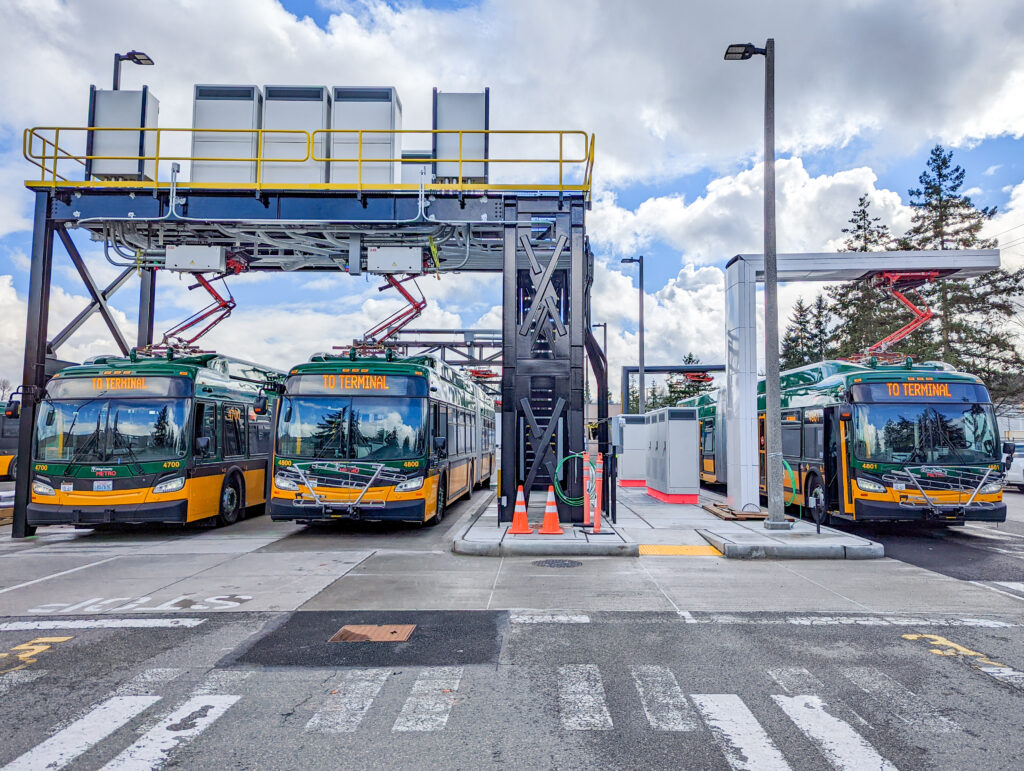
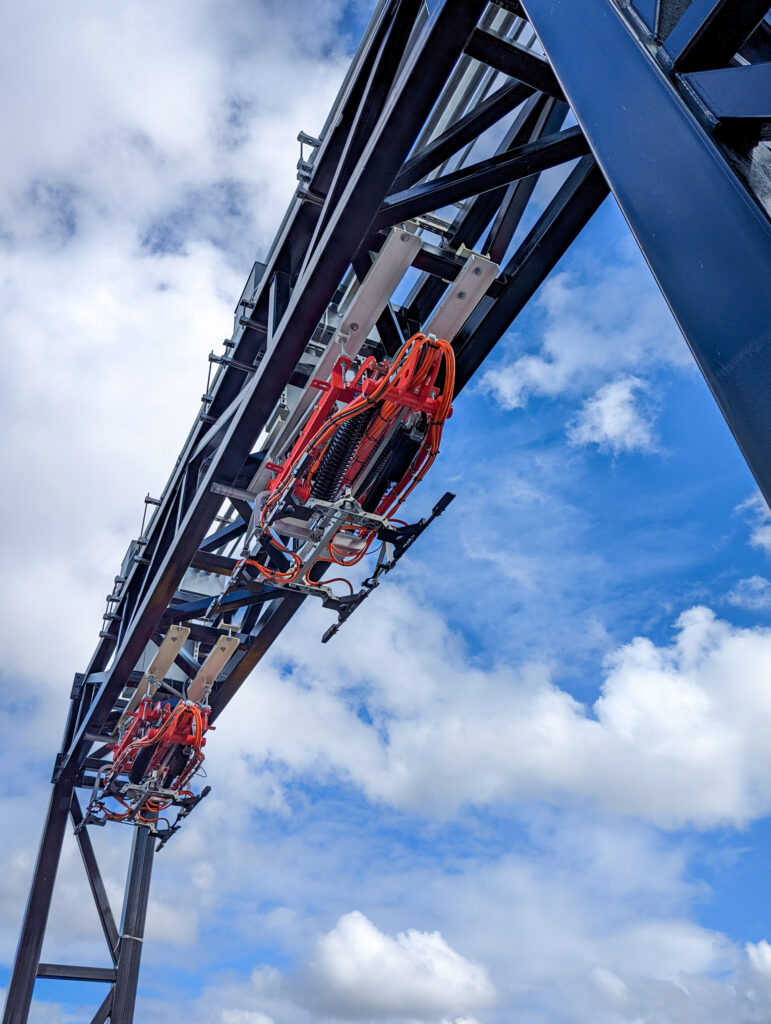
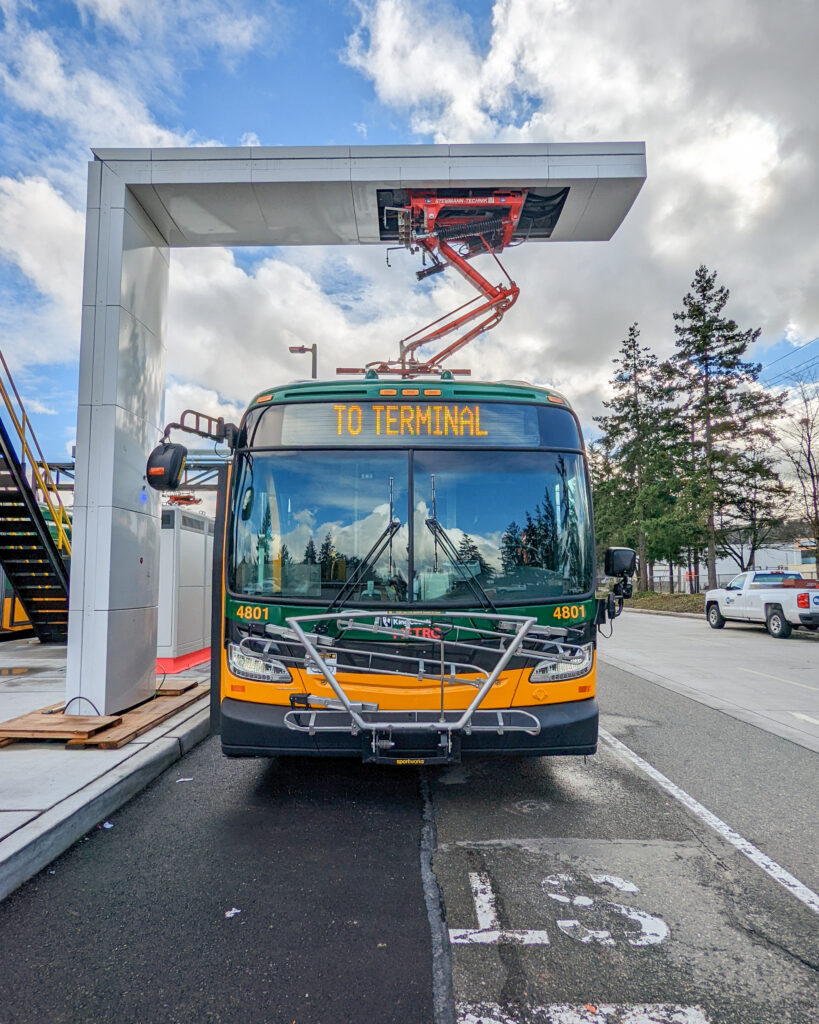
Explore other projects
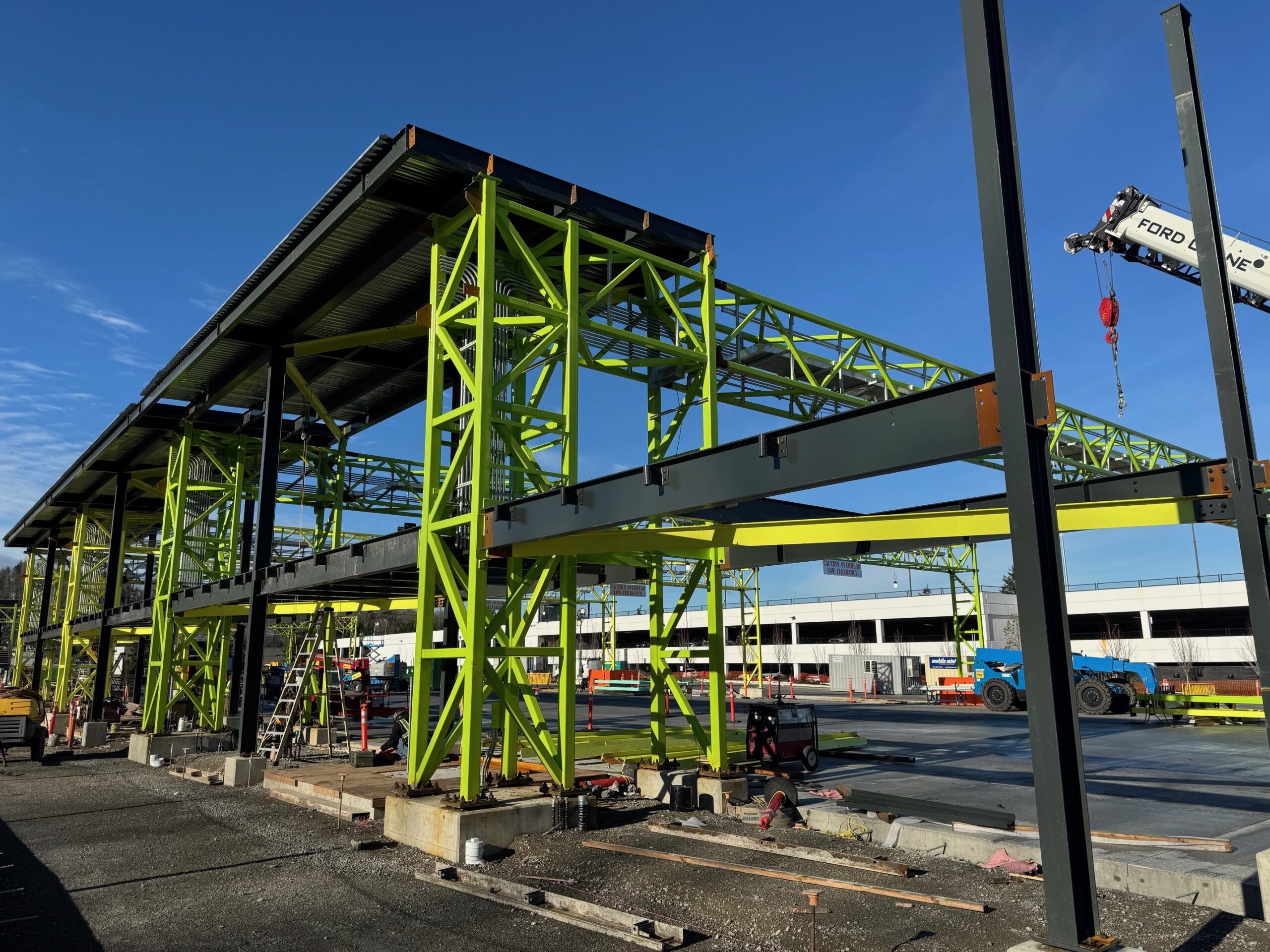
Charging Ahead: Progress on King County Metro’s First 100…
Construction of King County Metro’s full-scale electric bus charging base is well underway. As a continuation of our …

How Whatcom County is building a cleaner, more equitable …
Innovative EV feasibility study prepares the community for success in the changing EV landscape in the Pacific Northwest
